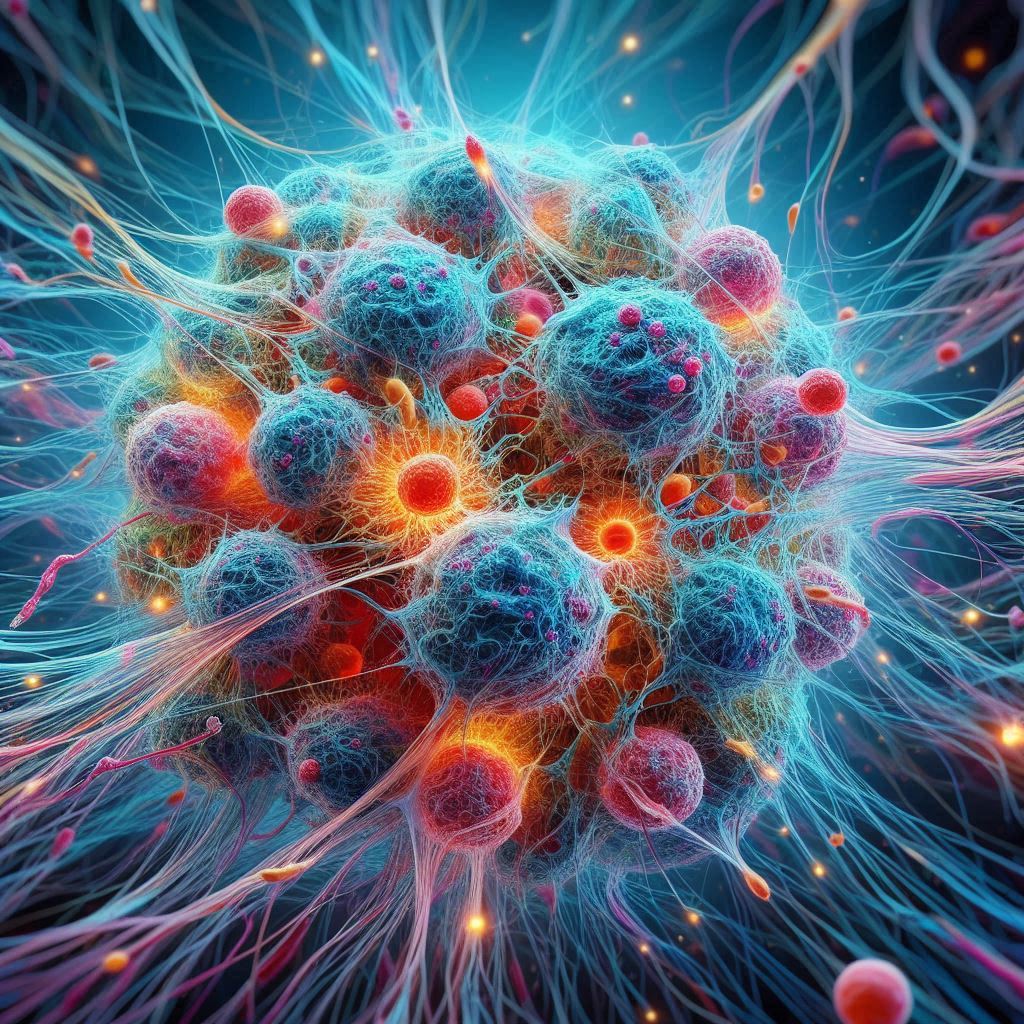The core gene expression networks governed by important proteins that underpin processes including cancer growth, metastasis, tissue differentiation from stem cells, and brain activation have been discovered by a KAIST research team. The groundwork for creating cutting-edge therapeutic technology is laid by this discovery.
The interdisciplinary research team headed by Professors Seyun Kim, Gwangrog Lee, and Won-Ki Cho from the Department of Biological Sciences revealed crucial mechanisms regulating gene expression in animal cells on January 22, according to KAIST (represented by President Kwang Hyung Lee).
Inositol metabolism enzymes generate inositol phosphate metabolites, which are essential secondary messengers in eukaryotic cell signaling systems and are widely linked to neurological diseases, cancer, obesity, and diabetes.
Within the main gene expression networks of animal cells, the study team showed that the inositol polyphosphate multikinase (IPMK) enzyme, a crucial component of the inositol metabolic system, serves as a crucial transcriptional activator. Notably, the exact mechanism of action of IPMK was not known, despite prior reports that it was a key player in the transcription process controlled by serum response factor (SRF), a typical transcription factor in animal cells.
A transcription factor that directly regulates the expression of at least 200–300 genes, SRF is essential for the development of organs like the heart and controls cell growth, proliferation, apoptosis, and motility.
The group found that IPMK directly attaches to SRF, changing the protein’s three-dimensional structure. This interaction shows that IPMK functions as a crucial regulatory switch to increase SRF’s protein activity by facilitating the transcriptional activity of several genes through the SRF triggered by IPMK.
The group also confirmed that when IPMK and SRF’s direct contact is disrupted, SRF’s functioning and activity are diminished, which results in significant gene expression deficiencies.
The scientists emphasized the biological significance of intrinsically disordered proteins (IDPs) by stressing the role of the intrinsically disordered region (IDR) in SRF. Although IDPs, particularly those with IDRs, do not display distinctive structures, they serve important biological roles and are of great scientific interest. This is in contrast to the majority of proteins, which fold to assume characteristic shapes.
This study provides a vital mechanism proving that IPMK, a key enzyme in the inositol metabolism system, is a major transcriptional activator in the core gene expression network of animal cells. By understanding fundamental processes such as cancer development and metastasis, tissue differentiation from stem cells, and neural activation through SRF, we hope this discovery will lead to the broad application of innovative therapeutic technologies.
Seyun Kim
Source: KAIST News Center
Journal Reference: Ahn, Hyoungjoon, et al. “Single-molecule Analysis Reveals That IPMK Enhances the DNA-binding Activity of the Transcription Factor SRF.” Nucleic Acids Research, vol. 53, no. 1, 2025, DOI: https://doi.org/10.1093/nar/gkae1281.
Last Modified:




